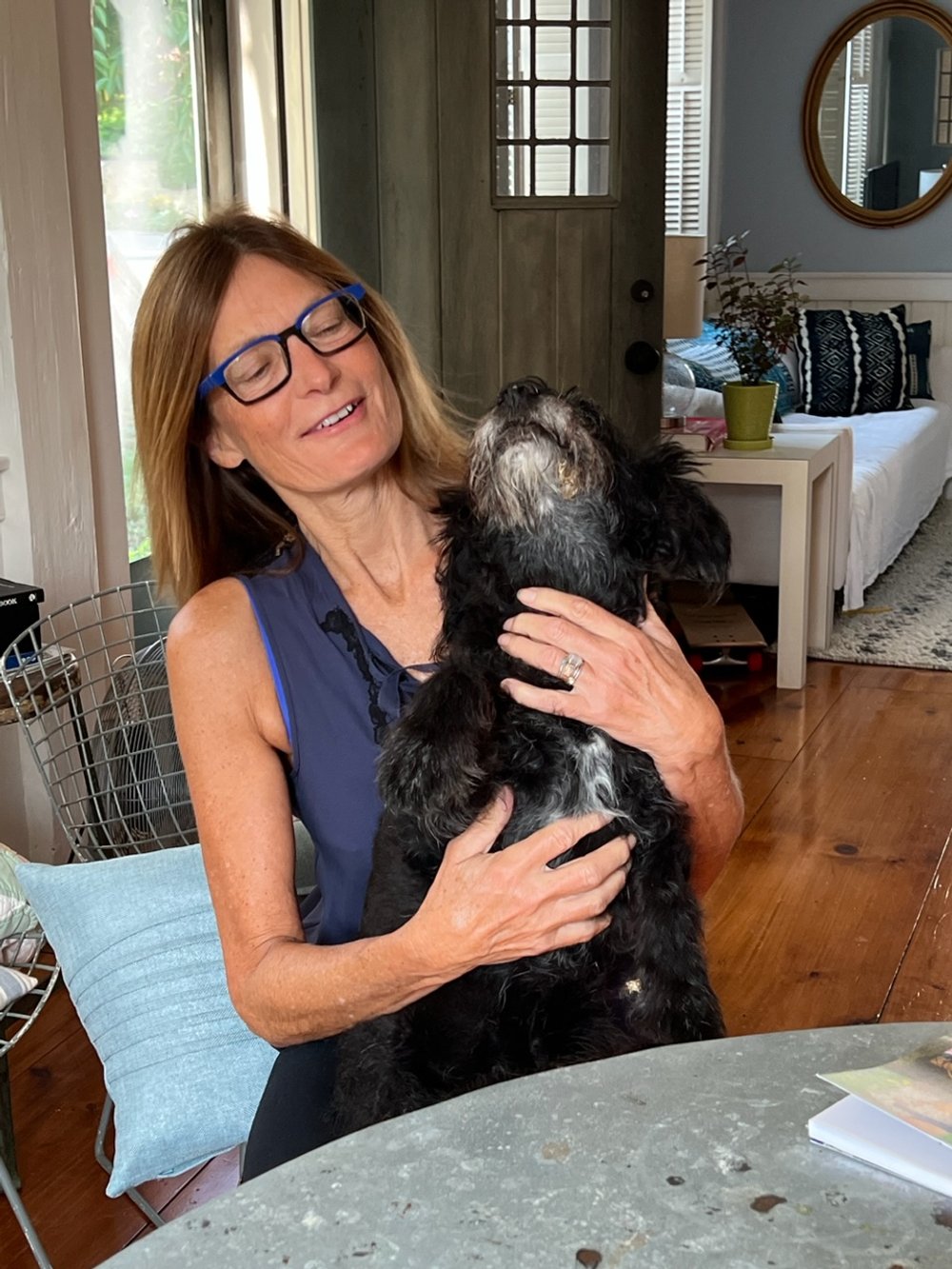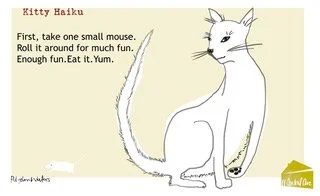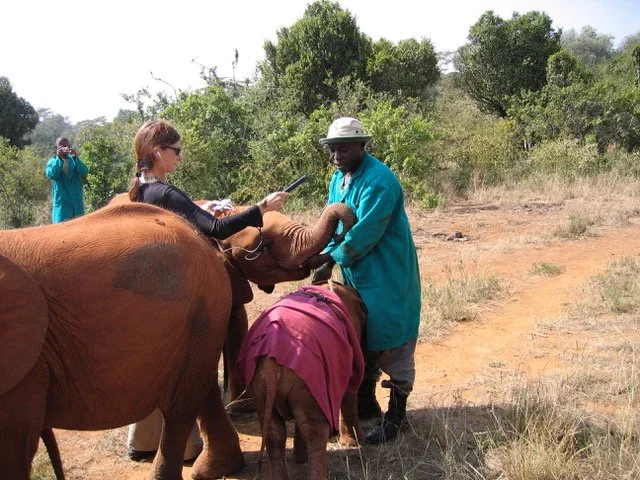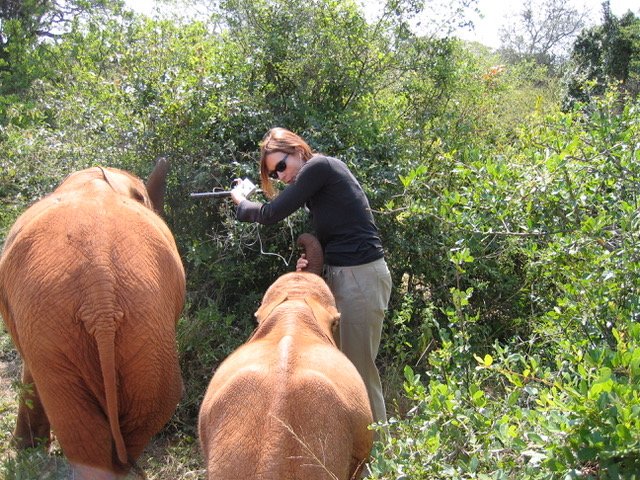About
Susan Shepherd's writing has been published in the Boston Globe, Ploughshares, Story Magazine, the Chicago Quarterly, the Kenyon Review, One Story Magazine, Swamp Pink, Best American Short Stories 2024, and is forthcoming in the Harvard Review.
Her story “Goats’”(Ploughshares), was a distinguished story in Best American Short Stories 2021, edited by Jesmyn Ward, and “Snakes’”(Chicago Quarterly) was a distinguished story in Best American Short Stories 2023, edited by Min Jin Lee.
“Baboons,” from the collection was chosen by Lauren Groff to be published in the 2024 edition of Best American Short Stories, publication date October 2024. Available now from Bookshop.org
https://www.harpercollins.com/pages/bestamericanseries
Her work as a producer and reporter has aired on multiple National Public Radio shows, including Living on Earth, and Marketplace.
Her show, 11 Central Ave, a radio comic strip, aired on select NPR stations on Morning Edition around the country. 11 Central Ave won a Gold Medal for ‘Best Comedy’ from the New York Festivals, and a National Gracie Allen Award for ‘Best Producer, Comedy’.
Animalia
Her short stories are part of a newly completed collection of short stories called Animalia. The titular story, ‘Animalia’, along with ‘Rays’ was published in Story Magazine. ‘Goats’, from the collection, was chosen by guest-editor Celeste Ng (author of Little Fires Everywhere) for the 2020 Summer Issue of Ploughshares. ‘Snakes’ was published in the Volume 35 | Summer 2022 | Chicago Quarterly Review, and ‘Baboons’ in the Spring 2023 issue of the Kenyon Review. ‘Lambs’ was published in the December 2023 issue of One Story Magazine.
Current Projects
Shepherd is producing a fictional podcast called ‘The End’. In this darkly funny series, Pete and Joanna Bloom, middle-aged siblings, are coerced by the terms of their father’s will to run a hospice center from their childhood home.
‘The End’ is a tragicomic exploration of what it means to have a good death. It is a reflection of how we situate old age against youth, and the dying amongst the living. The show brings to life a story of family, connection, and the myriad ways of letting go.
cartoons by Susy Pilgrim Waters
11 Central Ave.
11 Central Ave is a 4 minute radio comic strip podcast that aired on NPR’s Morning Edition for two years.
Shepherd won Best Producer, Comedy from the National Gracie Allen Awards, and Gold Medal Best Comedy New York Festivals. The series was funded by NPR and Chicago Public Radio, and distributed by PRX. Shepherd secured funding, cast the show, wrote and marketed the series. She was also chosen by PRX to mentor other podcast producers.
“Quick paced, in your face, biting, cynical and smart, very funny and occasionally heart breaking – 11 Central Ave’s acting, writing and directing operate on an enviously high scale.”
“A polished, extremely well crafted verbal comic machine gun of everyday life.” review on PRX.org
Rick Moody, author of the novel The Ice Storm, wrote a wonderful episode for 11 Central Ave, “The Birthday Present”.
“‘The Birthday Present’ is a brilliant story that brings out all of the levels of the reaction to any teenage tragedy… And, it packs a serious wallop. Even as I type now, I am having to hold back tears as the concise and powerful story’s repercussions continue to dominate my thoughts...” review on PRX.org.
Listen to 11 Central Ave on Apple Podcasts .
Radio
Shepherd has produced and reported for NPR’s “Living on Earth” series, a weekly environmental news and information program.
The series was heard each week on over 250 public radio stations.
Select radio pieces
Left: Susan reports on Elephant Nursery: An elephant orphanage in Nairobi, Kenya has perfected the art of raising baby elephants and releasing them back into the wild.
In Florida Beach, Susan reflects on how one particular stretch of beach in Florida took on life-and-death meaning in her life.
“When I was 13, my family moved from Philadelphia to Florida. In August. It was so hot the air shimmered and the cacophony of frogs screeching in the trees nearly drove me mad. Even the plants steamed. I swore I could see vines crawl like snakes over trees and devour them whole.”
Cambodian Farmers: Susan reports on an innovative program in New England that is helping Cambodian refugees return to the farming life they left behind in their homeland.
“Ladyfingers, fish cheek herbs, gourds, taro, holy basil – this is pay dirt for a family of Cambodians that farms a small plot in Dracut, Massachusetts. On a warm day in early September a husband and wife and several children wearing straw hats squat among the green rows, in the brilliant morning sun. They’re harvesting some of the first Cambodian vegetables of the season.”
Pampered Pets: The relationship between pets and humans is changing. As more people see their pets as quasi-human, they’re spending more money on their animals, as well as searching for new ways to keep them happy.
“Out of the eight or ten dogs here tonight, at least two of them will run up medical bills of close to 8,000 dollars. The highest bill in this hospital’s history was 22,000 dollars for a very sick dog that survived for another year. It’s all part of the 11 billion dollars a year Americans spend on pet health care, up from 800 million in 1980. Part of that increase is because of animal hospitals like these.”
In Sunning Hippos, Susan reports on the all-natural sunscreen secreted by the hippopotamus.
“If we had the same sweat glands as the hippopotamus, we’d have little use for the sun blocks and anti-infection creams cluttering our medicine cabinets. Japanese researchers studying the secretions of Hippos say these hairless river horses literally sweat sunscreen.”
Got the Beat: Tod Machover is a professor, classical musician and inventor at the MIT Media Lab who is overseeing the design of a new class of electronic instruments. These beat bugs, shapers and other musical inventions are now used by children, handicapped adults and orchestras around the world. Susan reports on the new frontier of Hyper Music.
“Tod Machover’s office at MIT’s media lab is crammed with inventions that look a lot like toys, but they’re really instruments designed to teach kids about music in non-traditional ways. Some of the gadgets focus on beat and rhythm. Others teach kids how to invent new sounds and lets them compose their own music. And some offer kids the chance to create something entirely new.”










